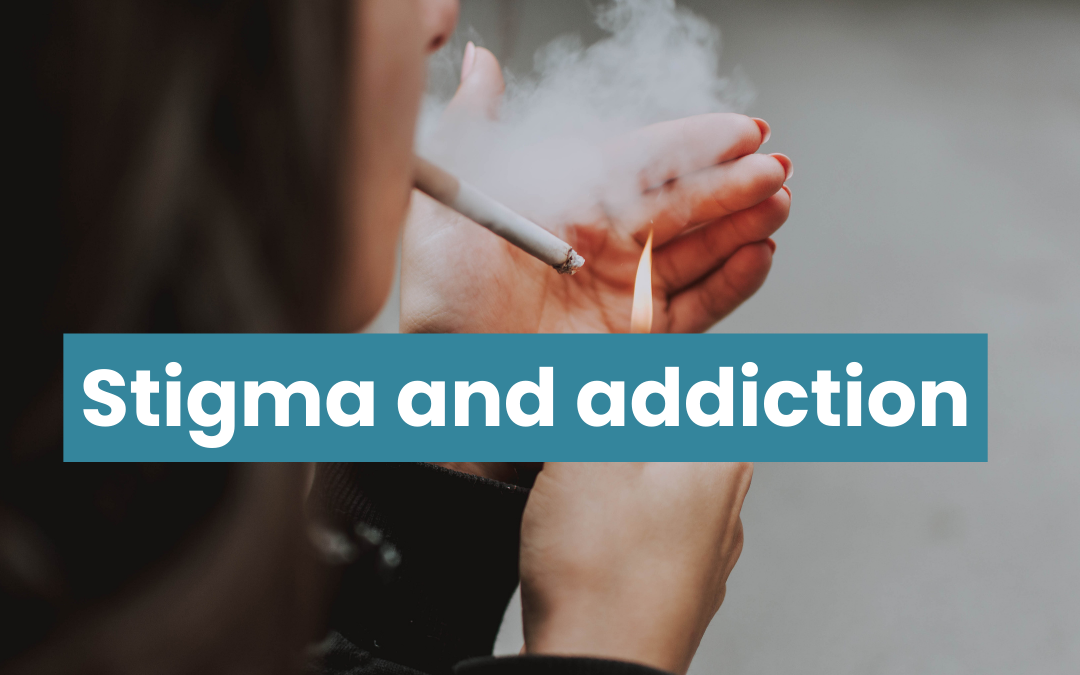Resetting the conversation around addiction
Inspire Group Director of Insight, Engagement & Innovation Lisa McElherron considers how to tackle the lingering stigma surround addiction
Negative public discourse and sensationalised coverage of substance and alcohol use in the media has led to a lingering stigma surrounding addiction. This persistent stigma and discrimination can lead employers to believe that substance use disorders stem solely from personal choices and are thus solved, primarily, via prohibitive legislation and criminal conviction. As a result, they may be less likely to treat people who live with addiction within their workplace empathetically.
Employers should consider where addiction sits within their approach to organisational wellbeing. Most workplaces include at least one person who is affected directly or indirectly by the impacts of substance or alcohol use. Does that person feel supported to reach out for help, or are fears of being judged and stigmatised paralysing that person from asking for support?
Public attitudes to addiction
Although crisis framing and sensationalism in the media can impact on public opinion about substances, public attitudes across the island of Ireland illustrated sympathetic, nuanced perspectives amongst members of the public towards addiction.
Respondents to a CityWide Survey published in DrugNet Ireland showed a broadly sympathetic attitudes to people who use drugs, with 81% believing all people who use drugs should have access to the treatment they need. And while 31% of people surveyed categorised people who are addicted to drugs as criminals, rather than victims, 44% of people disagreed with this position.
Public attitude towards addiction is often shaped by the news and opinions we consume, whether that’s through social or mainstream media. Social media acts as an echo chamber – we tend to follow people with similar views and what we reads reinforces, rather than challenges our world view. Representations of substance use in mainstream journalism, particularly short-form news bulletins, often fail to explore the contributory factors surrounding addiction and can reinforce negative stereotypes. Indeed the Irish Press Ombudsman issued guidance in 2017 to national and local newspaper editors drawing attention to the stigma experienced by people who use drugs. The Ombudsman highlighted that this stigma leads to discrimination and can drive ‘the gross violations of the human rights of people who use drugs, and also result in these violations going for the most part unchallenged’.
Further to this, 2019 research into addiction and stigma in Northern Ireland found that:
- Over two-thirds of respondents believed in tolerant attitudes towards people with a history of drug and alcohol dependence
- 86% agreed that people living with addiction should be part of the wider community.
- Eight in 10 thought that those addicted to alcohol and other drugs must be provided with the best possible care
Stigma acts as a deterrent to help
While stigma continues to surround substance use it will deter people from asking for help. The fear of being judged, shamed and written off stops us from sharing difficulties with family, friends or medical professional. Stigma drives a person using drugs further into isolation, loneliness even despair.
So, what can we do? At the most basic level, we can inform ourselves, call out prejudice when we witness it and challenge each other to always see the person first.
In our workplaces we can:
- Change our language, challenging stigma when we see or hear it
- Think about how corporate culture views substance use, allowing time for people to learn about the complexity of addiction, dependency and recovery
- Make time for awareness and education on alcohol and substance use – ensuring all levels in the organisation know how to deal with concerns
- Ensure people have accessible routes into appropriate, professional and confidential support with personal issues
Working together, we can move to a place where there is no shame associated with substance misuse and anyone affected can find the help they need.

